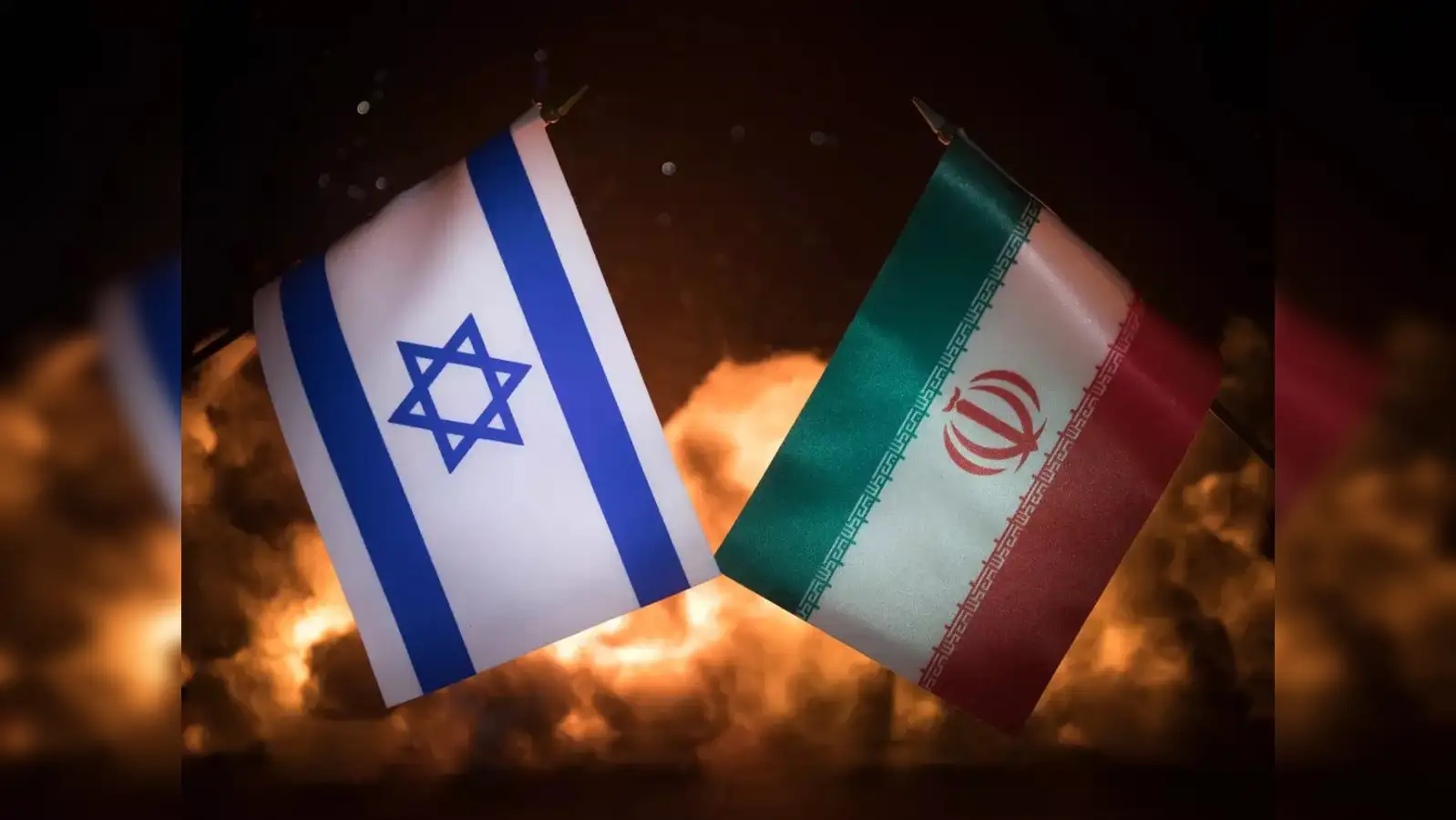Introduction
The recent china leverage middle east Israel Iran diplomacy thrusts highlighted Beijing’s eagerness to play peacemaker. Yet, despite aggressive rhetoric—including condemnations of Israel’s June 13 airstrikes and calls for “immediate and unconditional ceasefire” at the UN—analysts now say China’s limited Chinese influence in the region became painfully clear.

China’s Swift Diplomatic Response
- June 14: Foreign Minister Wang Yi reached out to both Israel and Iran, condemning violations of international law.
- June 13–26: President Xi Jinping and UN envoy Fu Cong echoed calls for de-escalation, joined by allies Russia, Pakistan.
- China warned of economic fallout and urged global de-escalation to safeguard energy markets.
Why Beijing Was Concerned
China’s energy security was a key motivator. Over 50% of its crude oil imports come from the Middle East, with Iran supplying a significant share via Belt and Road and sanctions‑evasion networks. Iran’s threat to block the Strait of Hormuz—which transits ~20% of global oil—prompted urgent diplomatic intervention.
China’s Leverage Exposed
Despite its fast public diplomacy, China lacked real political or military clout. Analysts note:
- Israel remains highly wary due to Beijing’s close ties with Tehran.
- Beijing’s non-interference policy leaves it reliant on the U.S. for regional security.
- China’s 2023 Iran–Saudi deal owed more to Oman and Iraq than Beijing’s influence.

Jonathan Fulton (Atlantic Council) said China “wields practically no influence” with Israel. Others note China’s rhetoric isn’t backed by intervention: “no real axis,” no military muscle to enforce peace.
Strategic and Economic Stakes
China’s main goals were clear: protect energy imports, stabilize Belt and Road investments across Iran, Saudi Arabia, UAE, and Qatar, and avoid becoming entangled. Analysts say Beijing “sat on the sidelines” as the U.S. became the dominant mediator china leverage middle east.
Implications for Beijing’s Global Ambitions
China’s limited role in this crisis reinforces a stark reality: its middle‑power status in conflict zones still falls short of global power status. Observers say china leverage middle east:
- Beijing can shape diplomatic narratives, but lacks tools to back them up.
- Its close ties to Tehran compromise neutrality—Israel simply didn’t trust it.
- Going forward, China will double down on economic outreach while letting the U.S. guarantee regional security.
Conclusion
China’s response to the 12‑day Israel–Iran conflict—though swift and vocal—served mostly to clarify its role: a strategic pragmatist protecting trade interests, not a power broker. Its calls for ceasefire, while diplomatically consistent, lacked enforcement capability. As long as Beijing remains unable to influence military or peacemaking outcomes, its leverage in Middle East flashpoints will likely stay limited.

What’s next? China will continue expanding Belt and Road ties in the region while relying on U.S. presence for security. But analysts warn: rhetoric won’t substitute for real influence.









